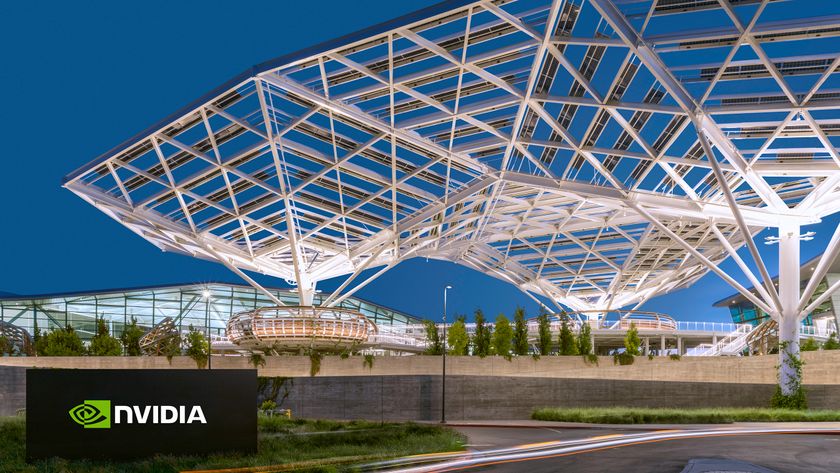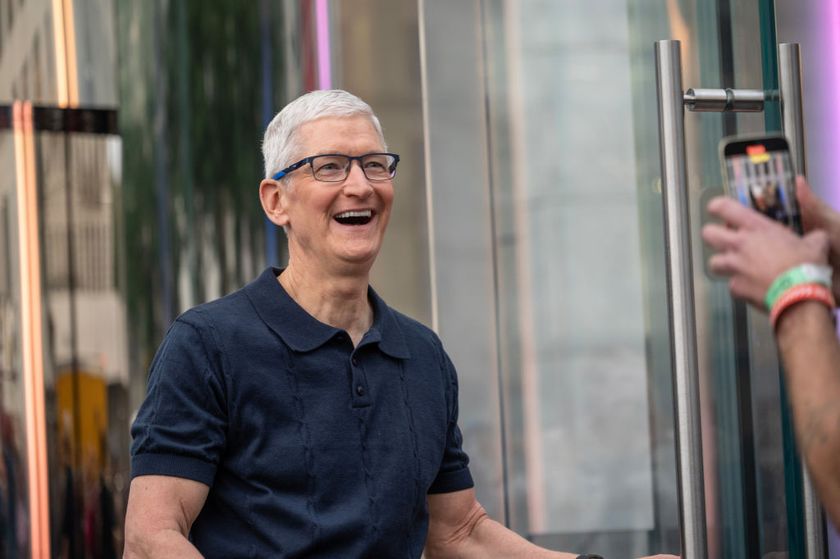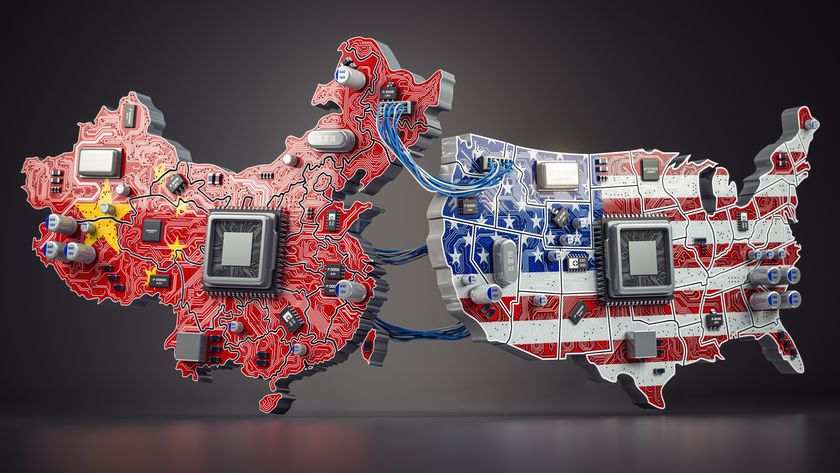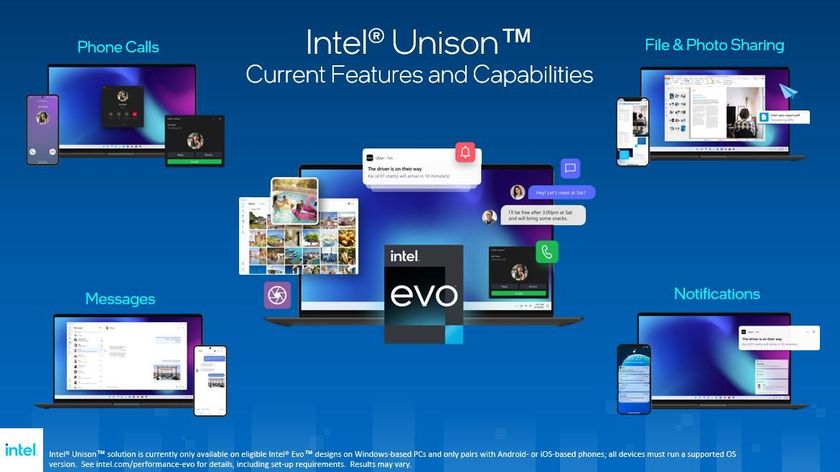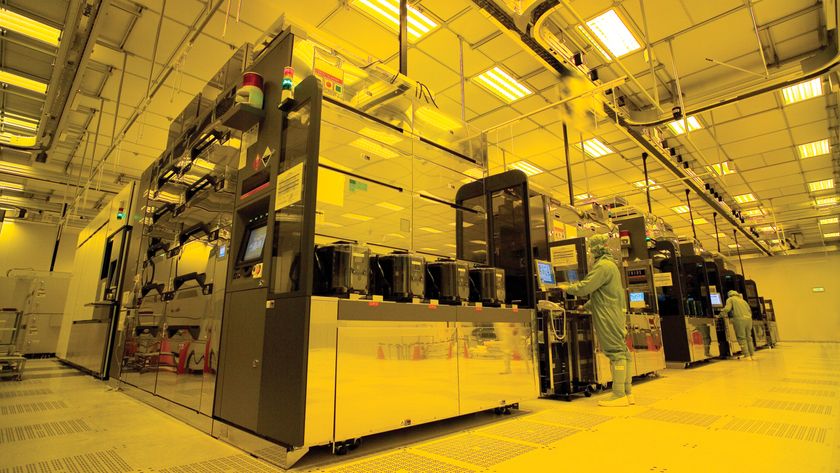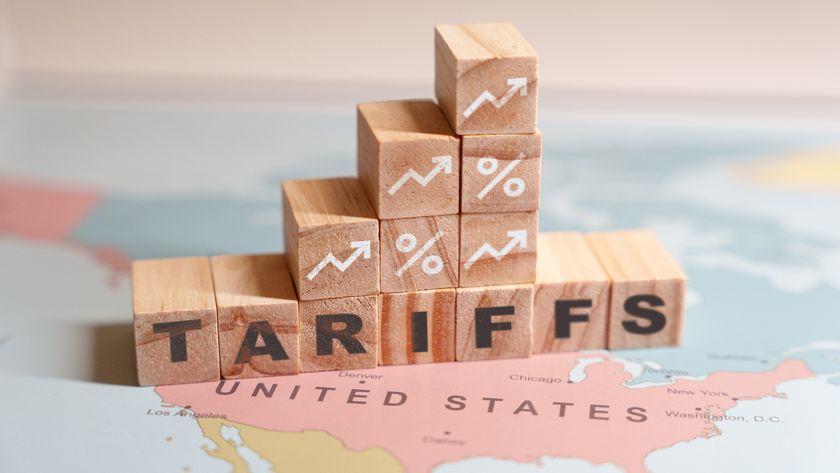Tim Berners-Lee, Tech Companies, And NGOs Call On EU Parliament To Fix Net Neutrality Loopholes
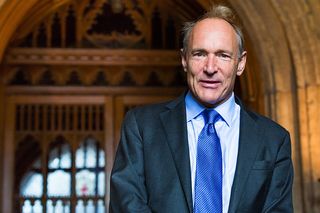
Tomorrow, the European Union (EU) Parliament will vote on the net neutrality and telecom regulations package. Tim Berners-Lee (the creator of the Web), along with tens of tech companies, including Netflix, Vimeo, Soundcloud, Reddit, Tumblr, BitTorrent, and others, as well as some NGOs such as Edri, La Quadature du Net, Open Rights Group, and more, are calling on Parliament members to vote for amendments that would fix four of the main loopholes in the net neutrality regulation.
All of them seem to be worried about the four main problems we discussed recently with the proposed net neutrality package. They note, for instance, that in the U.S., the FCC passed strong rules that would completely ban "fast lanes," which could lead to Internet providers becoming gate-keepers for who gets good Internet access, and it could also create conflicts where the providers' own services get better Internet access than the competition. The FCC voted to stop that from happening by preventing ISPs and wireless carriers from providing "fast lane" services in the first place.
The EU is about to let Internet providers offer "specialized services," which at first may be limited to a few types of services, but the companies could interpret the regulation to create other similar types of specialized services where they compete with other Internet services, but give themselves access to much better speeds.
The problem with zero-gating is also one of major consequences, which Berners-Lee has talked about before. It could foster the accelerated creation of monopolies on the Internet and could stifle innovations from startups that can't afford to make major deals with the Internet providers in order to offer a service that isn't counted against users' data plans.
Another loophole could allow Internet providers to ban entire classes of traffic, such as encrypted traffic, VPN traffic, or P2P traffic such as torrents or Bitcoin. This would be a very blunt weapon that ISPs and wireless carriers could use whenever they want to block or slow down something (even for some innocuous reasons such as traffic management).
Lastly, ISPs could also slow down traffic anytime as long as the company believes it's merely trying to stop "impending" congestion. However, it's easy to see how this power could be abused often, even unintended, if the company puts in place systems that always try to do congestion control and end up indiscriminately slowing down certain classes of traffic.
The net neutrality vote will be held tomorrow in the EU Parliament, so now is your last chance to contact your MEPs if you believe these loopholes need to be fixed.
Stay On the Cutting Edge: Get the Tom's Hardware Newsletter
Get Tom's Hardware's best news and in-depth reviews, straight to your inbox.
______________________________________________________________________

Lucian Armasu joined Tom’s Hardware in early 2014. He writes news stories on mobile, chipsets, security, privacy, and anything else that might be of interest to him from the technology world. Outside of Tom’s Hardware, he dreams of becoming an entrepreneur.
You can follow him at @lucian_armasu. Follow us @tomshardware, on Facebook and on Google+.
-
jasonelmore the only regulation needed is competition.... if one company tries to create fast lanes, and throttle certain types of traffic, then a consumers will swap to someone who doesn't do that.Reply -
Achoo22 Replythe only regulation needed is competition.
Nope. The upstarts would be just as bad as the incumbents. -
rothbardian ReplyNope. The upstarts would be just as bad as the incumbents.
Nope. A competitive market pretty much guarantees the best outcome for consumers. Good ISPs with sensible or no fast lanes will get all the customers as soon as it appears, if that's what consumers value. ISPs today get away with shitty tactics now because of the lack of competition. More regulation is not the answer. More competition is. To get more competition you need to lower the barriers of entry, which means less regulation, not more.

